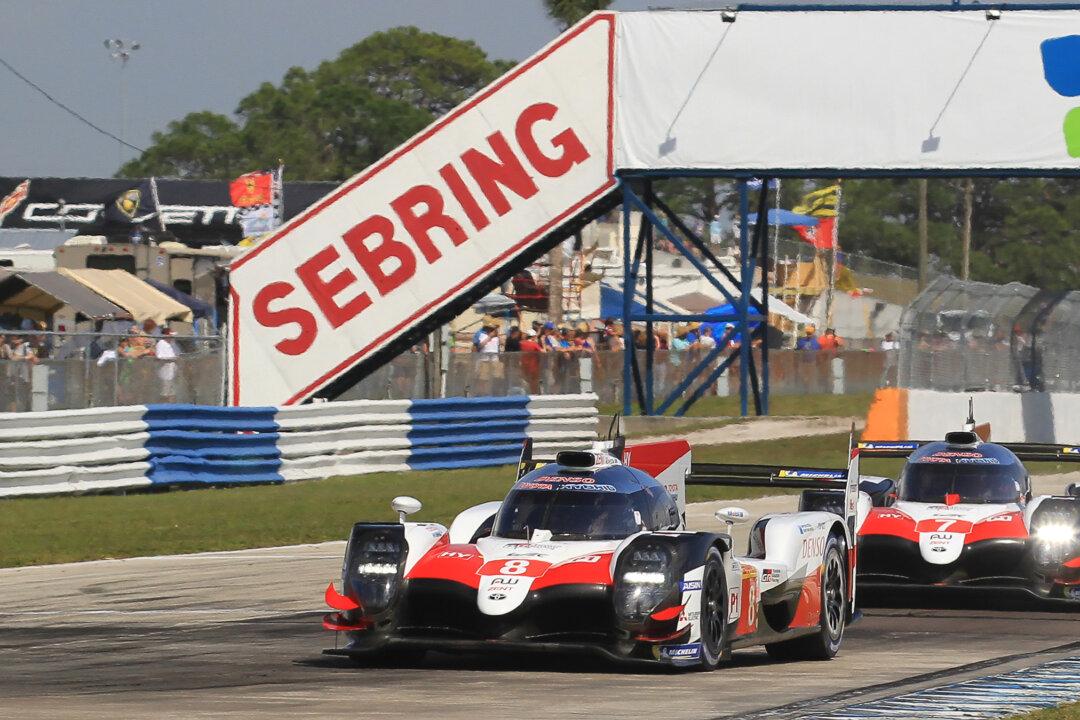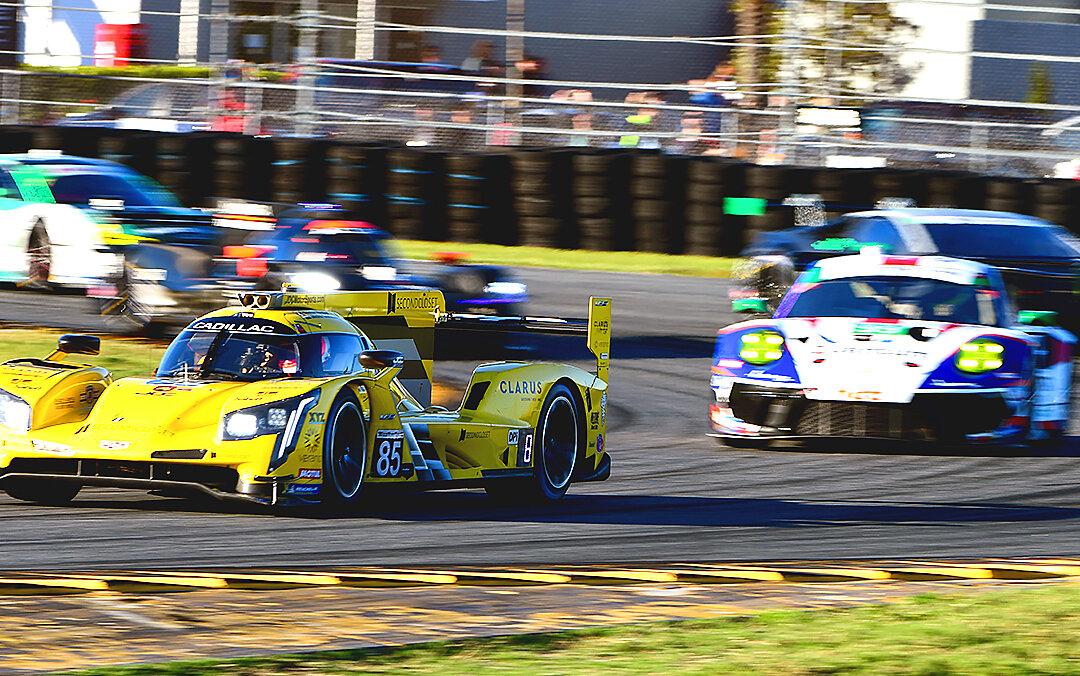Audi has done it again.
For the thirteenth time since 2000, Audi has won the Le Mans 24, the world’s most important sports car race. The cars seems unbeatable, and the teams seem almost inhuman in their precision and dedication—shown when the mechanics changed the blazing-hot turbochargers (1200 degrees F) on two of the R18 e-tron quattros in the final few hours of the race, working efficiently with burned hands, intent only on getting the cars back on track.
And the drivers: Tom Kristensen, Dindo Capello, Emmanuelle Pirro ... and the current crop, like André Lotterer, Marcel Fässler, or Benoît Tréluyer. Quick, precise, tough—Lotterer drove five consecutive stints in the closing hours of the race, saving a few minutes by not changing drivers.
The Audis were not as fast as the Toyotas, not as powerful as the Porsches, but the cars and the drivers endured—which is how one wins endurance races.
Toyota finished third, six laps behind the winning Audi. The TS 040-Hybrids were the quickest cars on the course, but one was caught up in an accident—to be expected at Le Mans—and the other suffered electrical failure. Toyota pushed on and its remaining car was running strong at the finish, but for the third year, Toyota did not reach the top of the podium.
Porsche has 16 Le Mans wins, so when the team announced it was back for its first Le Mans foray of the 21st century, expectations were high. In most ways, Porsche met them—the 919 hybrids are the most advanced and complicated racing cars Porsche has ever built, and the two cars ran with both Audi and Toyota on near equal terms until the very final hours. The two Porsche 919s finished 11th and 12th after running as high as first and fifth. Porsche basically stepped from nowhere to the very pinnacle of motorsport with a single stride, and barely missed the top step. The rest of the field




